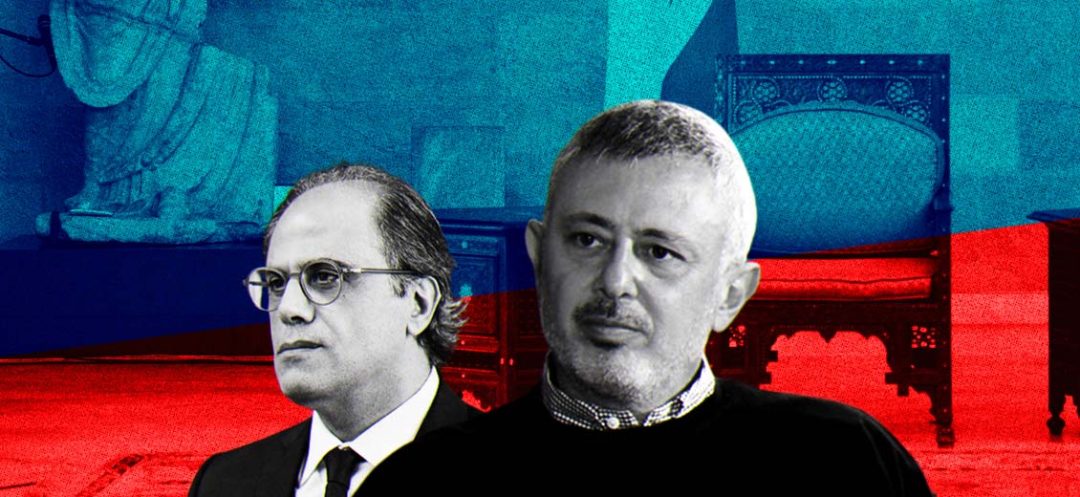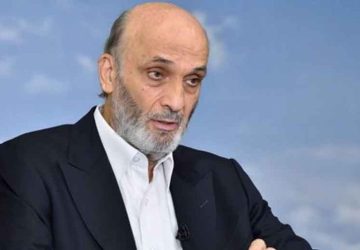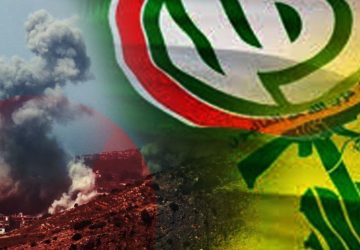Listen to the article
Many political forces, particularly the opposition led by the Lebanese Forces (LF), are aiming to replicate the presidential election scenario of June 14, 2023. In that election session, Sleiman Frangieh, leader of the Marada Movement who is backed by the Hezbollah-Amal duo, received 51 votes, while Dr. Jihad Azour, the candidate supported by the opposition and the Free Patriotic Movement (FPM), received 59 votes.
In public statements, the opposition and the FPM still maintain their support for Azour’s candidacy, with no plans to abandon him unless the Shiite duo drops Frangieh who seems concerned that the dialogue and earnest efforts towards consensus might lead to his replacement as a candidate. Hezbollah had informed French envoy Jean-Yves Le Drian about its openness to discussing alternative names on the dialogue table without officially withdrawing their support to Frangieh.
Given this reality, Frangieh does not appear enthusiastic about dialogue. On the anniversary of the assassination of his family members in Ehden in 1978, he underscored his initiative, which aims to compete with the other Christian leaders—Samir Geagea, Gebran Bassil, and Samy Gemayel—in the presidential race. He quickly refined this initiative to frame the competition primarily between himself and the LF leader, creating a political contest between two distinct choices: one aligned with Hezbollah and the other opposed to it.
Frangieh perceives this confrontation as a nearly certain path to the presidency. He believes that maintaining the quorum and garnering support from centrist political forces over Geagea would increase his chances to become the future president. This approach allows him to potentially ascend to the presidency without publicly opposing dialogue, thereby avoiding personal embarrassment. It also prevents any discomfort for the Shiite duo should they opt to support a third candidate. Furthermore, the process would appear highly democratic, ensuring it does not provoke anger from Arab and international quarters.
Observers of the political Lebanese situation suggest that according to available information, there will be no presidential election, regardless of whether dialogue takes place or not. Hezbollah privately wishes this outcome, despite saying otherwise publicly. However, openly declaring this stance would provide its opponents with more evidence of its obstructive role. Therefore, Hezbollah appears to welcome both local and international initiatives and encourages them. Concurrently, it strategically divides roles between itself and Berri, with each side signaling either positive or negative indicators until the time is right for regional reconciliation.





